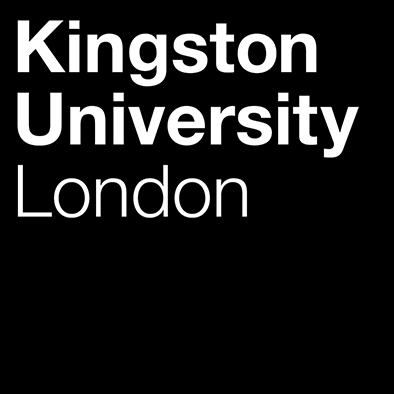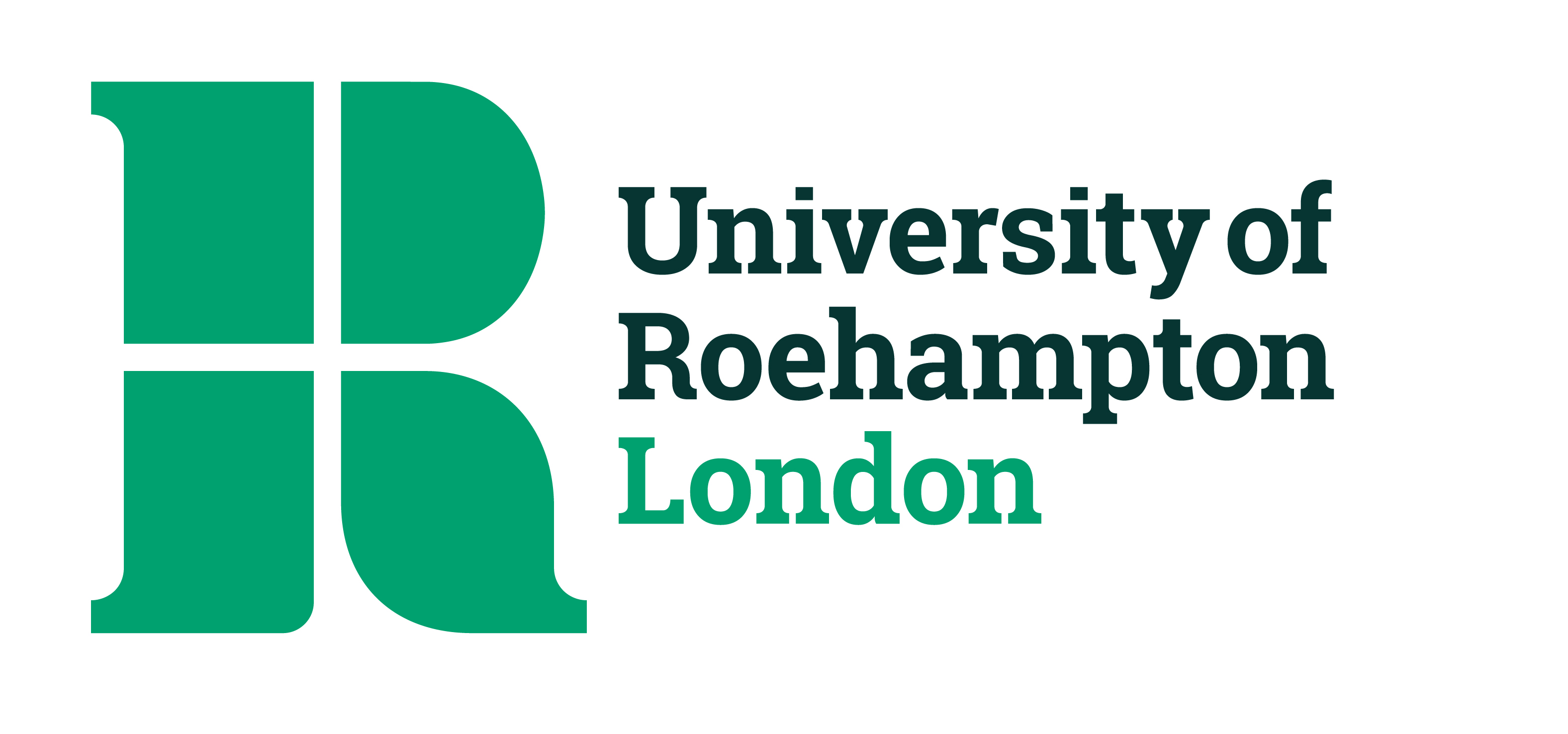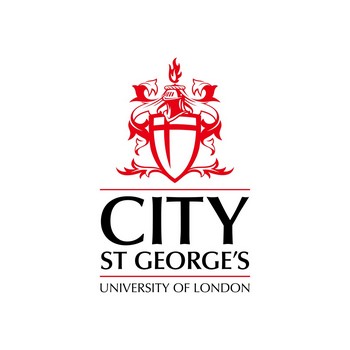Dreaming of studying in the UK?
For some universities/courses in the UK it is important that you
apply before January 14th as this is the deadline for equal consideration.
For more information on whether this deadline applies to you:





For some universities/courses in the UK it is important that you
apply before January 14th as this is the deadline for equal consideration.
For more information on whether this deadline applies to you:









Privacy & Data Protection Policy | Cookies Policy | Anti-Slavery & Human Trafficking Statement | Terms & Conditions | Vacancies
2026
Copyright © Across the Pond - Study in Britain Ltd. All rights reserved.